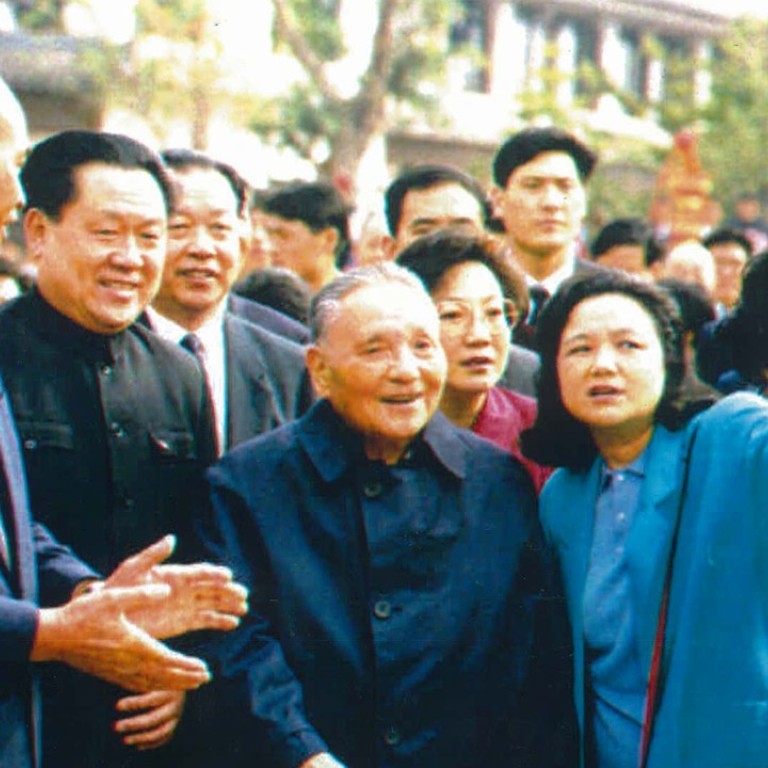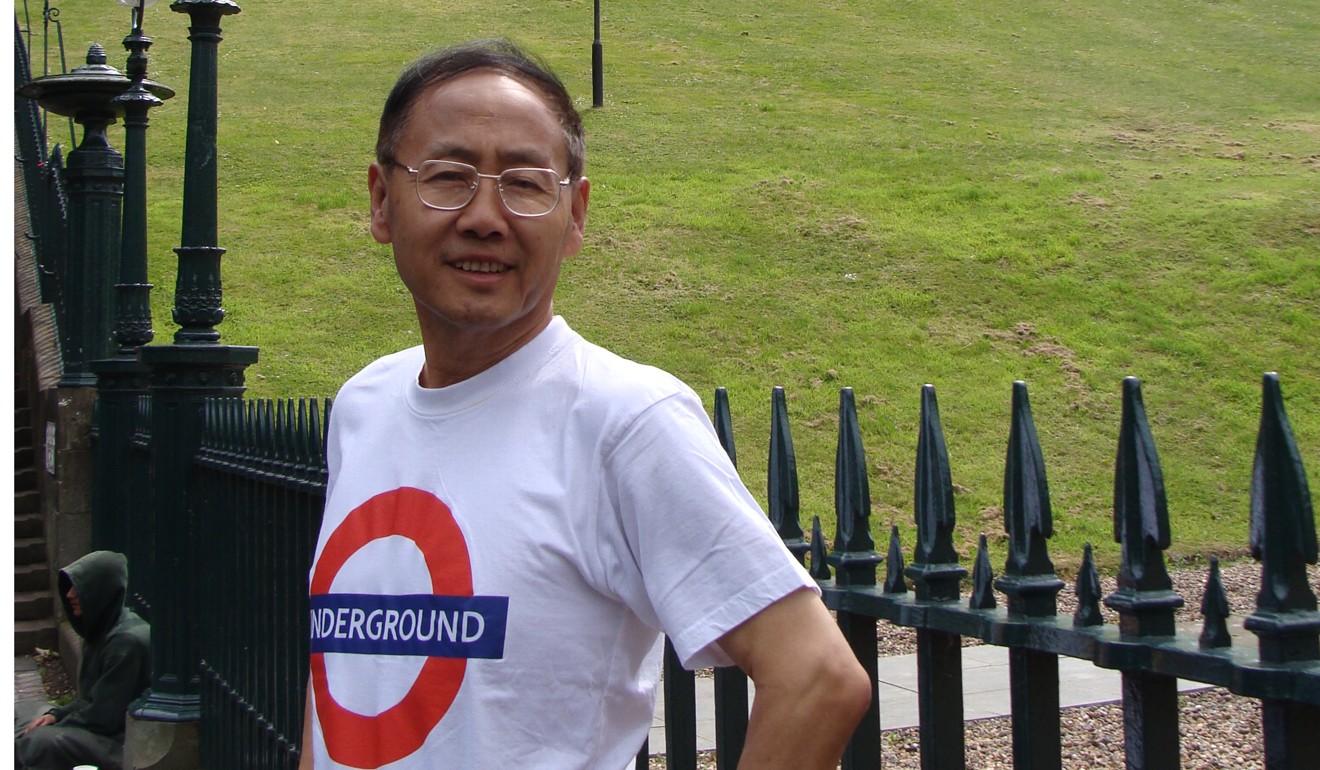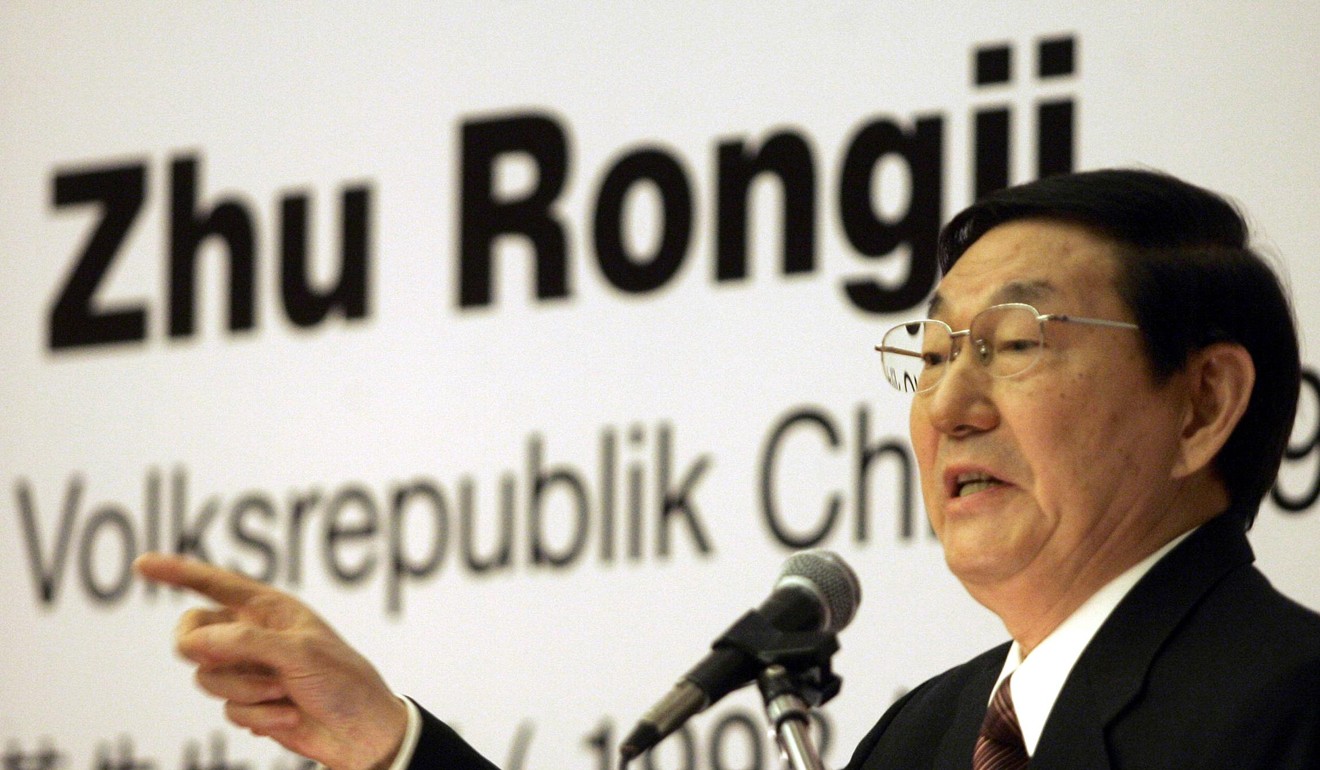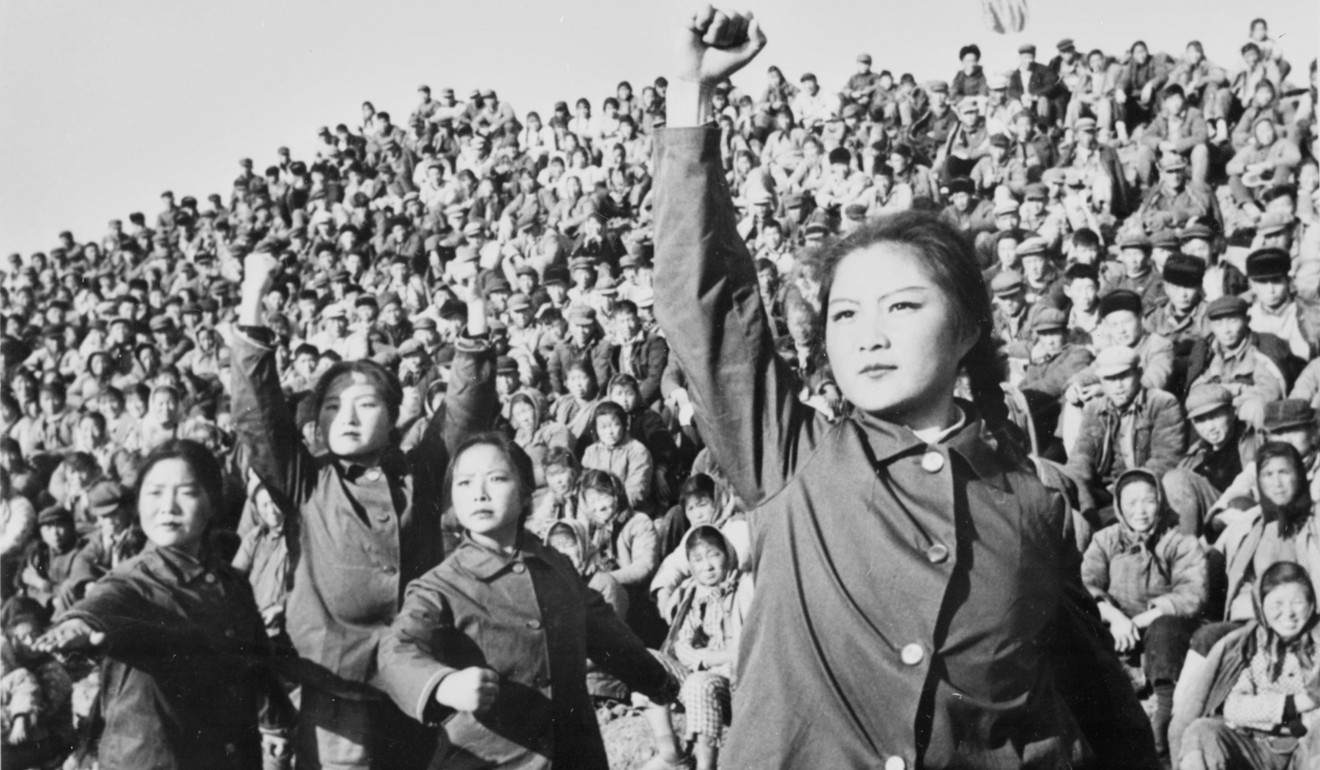
China ‘must recapture reformist mood’ to safeguard its economic miracle
Having watched the decades-long transformation unfold, veteran economist Zhang Fan warns of economic challenges ahead in his new book
“Reform” is a buzzword – if not the hottest word – in China in 2018, a year when its leadership has sung a hymn to late paramount leader Deng Xiaoping for his open-door policy only for overseas scepticism to skyrocket over its future direction.
But Zhang Fan sees it differently. He grew up through one period of chaos after another – including the Great Leap Forward and the Cultural Revolution – before taking part in the design of some market-oriented restructuring schemes in the 1980s and closely examining institutional changes since 1990s. In his view, it is a time to reflect on past attempts at reform and find the momentum for renewed efforts.
“Why were there very significant reforms in its initial stage, then it turned stagnant or was even pushed back?” asked Zhang, a professor of economics at Peking University’s national school of development – which he co-founded in 1994 with five other prominent economists, including structural economics pioneer Justin Yifu Lin and free market advocate Zhang Weiying.
The 67-year-old Zhang attributed the country’s four-decade economic miracle to its institutional changes.
“The biggest one was the introduction of a market into a previously government-controlled economy,” he told the South China Morning Post. “It was truly uneasy.”

A vast majority of economic activities are now generated by the market. According to official data, private firms contribute to over 60 per cent of the nation’s GDP and more than 80 per cent of urban employment.
But in his latest academic book The Institutional Evolution of China: Government vs Market, Zhang warns of economic challenges ahead, such as restricting administrative power, breaking the state monopoly in upstream resource-intensified sectors, allowing farmers to transfer their land contracts and curbing corruption.
His research indicated that the pace of reform had actually slowed after Zhu Rongji, who once laid off millions of workers from ailing state factories, opened up the housing market and shook up the state banking system, stepped down as premier in 2003.
China vows to end forced tech transfers in manufacturing sector
The index of marketisation, which measures the government-market boundary, has shown continuous progress in the past four decades to slightly shy of 60 per cent in 2014. Meanwhile, the gains of marketisation – every five years, in line with China’s political cycle – while still positive, have decreased steadily since the start of the millennium.
“I’m now quite worried,” said the Peking University professor. “It seems to be running into many twists and turns, which is different from how I saw it before.”

But from a “glass half-full” perspective, he urged quicker progress for reforms to tackle emerging problems and counter potentially harsher actions from Western countries.
Zhang personally felt the pain of the old command economy, which was adopted from the Soviet Union just after he was born.
He lived under government control of almost all activities, from food rationing to state-assigned dormitories to jobs, until his mid-twenties.
His father, a non-communist cadre in Beijing, once suffered because of the political unrest. After being forced to drop out of school in his early teens, he spent nine years working at a state-owned electronics factory and was once tagged as being part of a “counter-revolutionary clique” after discussing the nation’s future in correspondence with colleagues, although the charge was eventually withdrawn.
China ‘risks isolation if it does not change economic policies’
Similar misfortunes for millions of families led to nationwide dissatisfaction with the state of the country in the wake of the Cultural Revolution.
During a rail trip in February 1976 – seven months before the death of Mao Zedong, the founding father of communist China – Zhang was surprised to hear public calls for change.
“Although the radio broadcasts portrayed Deng Xiaoping as China’s Nikita Khrushchev [the Soviet leader who fell out with Mao], passengers expressed landslide support for him,” said Zhang.
“This had rarely been seen previously, because they would have been afraid of informants.”
The launch of Deng’s economic reforms was built on an anti-Cultural Revolution consensus and the rubble of the decade-long chaos, he said.

The enthusiasm for change burst into all walks of life. In August 1984, 124 young reformist-minded scholars convened a historical meeting at Mogan Mountain in eastern China’s Zhejiang province to design a road map for urban economic reforms.
They included Zhou Xiaochuan, who later became a three-term central bank governor, former finance minister Lou Jiwei and Zhang himself, then a masters student in trade economics at Renmin University of China.
The Chinese Economist Society in the United States, on whose board Zhang sat in the early 1990s, continued to call for renewed pro-market restructuring. Some of those elite economists later sacrificed comfortable livings in the US to return China to promote pro-market Western economics.
Yet common ground is now harder to achieve, since the pro-market measures inevitably hurt some people’s interests, such as the workers laid-off workers by state firms in the late 1990s, and the middle class, anxious about mortgage payments and medical, pension and childcare expenses.
China wants its middle class to spend big … but they have bills to pay
Beijing was too busy improving the social security net in the first 10 years of the new millennium to offer remedies to people disadvantaged by market measures, and in this decade the government has shifted its focus on to anticorruption measures.
However, the use of administrative means to tackle corruption, rather than strengthening the country’s institutions, may make the system more centralised and hurt the long-term vitality of the economy, Zhang warned.
“In the long run, China should move towards an improved government-market system, combining an efficient, restricted and fair government and a free market,” he suggests in his latest book.
This, he added, will require a clarified scope of the government’s authority and government-market relations that should be clearly defined, in addition to further checks and balances in the administrative branches.

